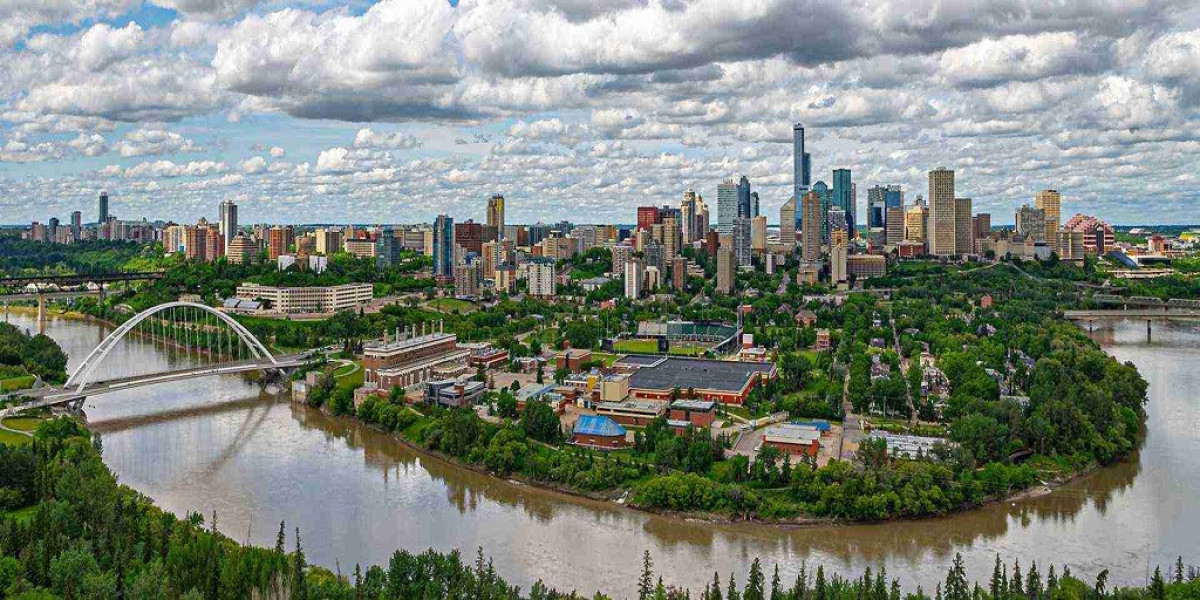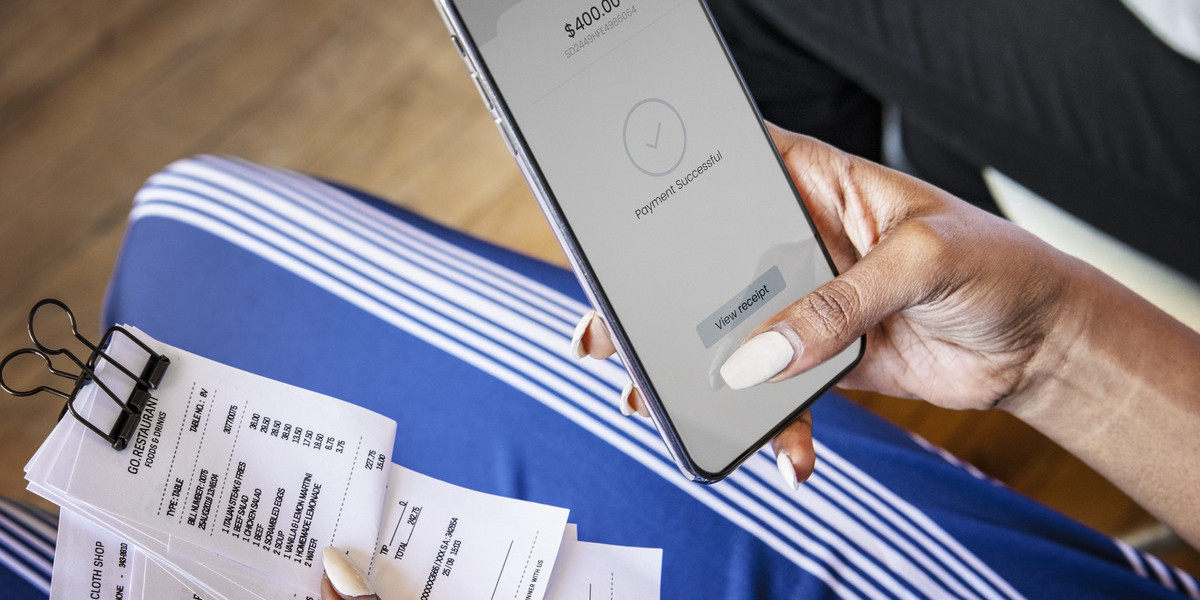Building a garage can feel like the finishing touch to your home—adding value, convenience, and extra space. But if your garage wasn’t built with proper permits or doesn’t sit within your property’s legal boundaries, it could become a major liability.
That’s where your Real Property Report (RPR) comes in. It’s the only document that provides a clear, legally recognized picture of where your garage sits in relation to your lot lines, bylaws, and easements.
For homeowners in Edmonton, overlooking your RPR could mean fines, delays during a home sale, or even being required to move or demolish your garage.
What Is an RPR and Why Does It Matter?
The RPR doesn’t just show what’s on your land. It also reveals if any of those structures, including your garage, encroach onto neighbouring properties, utility rights-of-way, or violate setback requirements.
In Edmonton, an RPR is often required to obtain a compliance certificate from the city. This certificate confirms that your property aligns with local zoning bylaws and municipal regulations. If your garage is built too close to the property line—or worse, over it—it could be deemed non-compliant.
That’s a problem that only your RPR in Edmonton homeowners trust can catch before it becomes a legal or financial headache.
The Cost of an Illegal Garage
Let’s say you’ve built a garage without checking your RPR or applying for updated compliance. Maybe it seemed like a small project at the time, or maybe it replaced an older structure that you assumed was fine.
Then you decide to sell your home. Your buyer requests an RPR with a current compliance certificate. The city reviews the report and flags your garage as non-compliant. Suddenly, you’re looking at potential fines, delayed closing dates, and pressure to fix the issue fast—by applying for variances, modifying the structure, or even tearing it down.
This situation is more common than most people think. Many garages in older neighbourhoods were built years ago, often without formal documentation. And with regulations evolving over time, even once-compliant structures can now be out of step with current bylaws.
How to Know If Your Garage Is Legal
If you’re unsure whether your garage is legal, there’s a simple way to find out: get your RPR updated. A new RPR in Edmonton will show exactly where your garage sits and how it aligns with local requirements. From there, the city can issue a compliance certificate if everything checks out.
Even if you’ve owned your property for years, it’s worth revisiting your RPR if:
- You’ve added or rebuilt a garage.
- You inherited a property and aren’t sure of its permitting history.
- You’re planning to sell your home.
- You want peace of mind that your property is fully compliant.
Protect Your Property—and Your Wallet
An up-to-date RPR doesn’t just benefit buyers—it protects homeowners, too. Knowing your garage (and all other structures) are properly placed and compliant helps prevent disputes, fines, and costly renovations down the line.
Plus, having a valid RPR in Edmonton can verify gives you a stronger position in real estate transactions, development planning, or insurance assessments.
A garage is a great addition to any home, but only if it’s legal. Before you assume everything is in the clear, take the time to review your Real Property Report. It’s the only way to be sure your garage is where it should be—and that your investment is protected.
When it comes to property boundaries, compliance, and peace of mind, your RPR is more than just a piece of paper. It’s your best defense against future surprises.
For more information about Residential Land Survey Regina and Survey Services Saskatoon Please visit: 33333.









